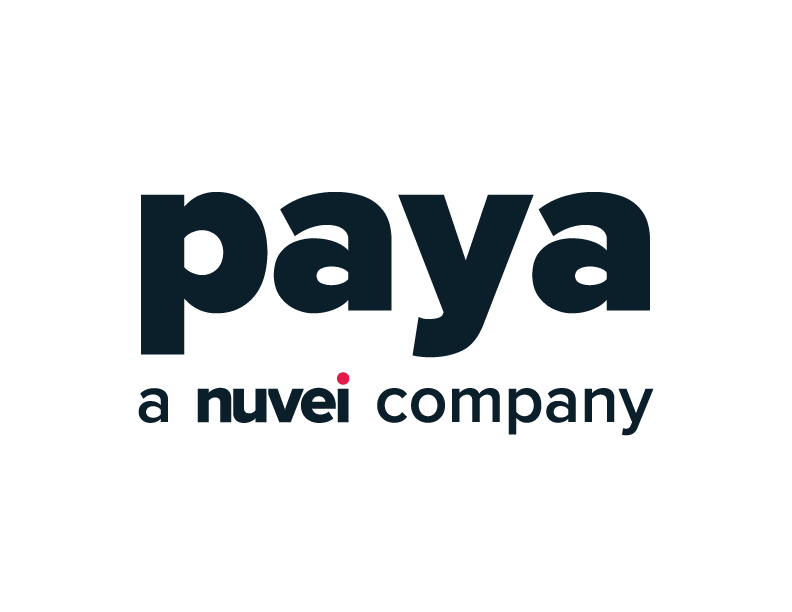
Head of Enterprise Products, Paya Inc.
Independent software vendors, or ISVs, have been among the most influential parties in this decade’s payment landscape. Many ISVs that have experienced rapid growth in their payments program may be considering becoming payment facilitators, also known as Payfacs.
What is a Payfac?
Payfacs own the entire payments process for their customers—from merchant sales to customer support and everything in between. Before jumping into this model, it’s essential for ISVs to understand key payment processing terms. Here are the important terms to know:
Payfac Terms to Know
Payment Facilitator. A payment facilitator is a company (generally an ISV) that allows its users to accept payments through their software using their infrastructure. Payment facilitators (acting as the master merchant) control the onboarding process for their customers, which are referred to as sub-merchants. Payfacs are responsible for handling all aspects of the transaction flow.
Managed Payment Facilitator. Also known as payfac-as-a-service, this model allows software providers to leverage all the benefits of the program without any of the costs and risks. The payment provider assumes the burdens and costs associated with becoming a facilitator, while the software provider can offer a white-labeled payments experience, including instant onboarding and automatic approvals.
Acquirer. Any financial institution or bank that processes card payments for a merchant is called an acquiring bank, or acquirer. Under the payfac model, the acquiring bank will fund the payment facilitator through a master merchant account for all sub-merchant credit card transactions.
Master Merchant. The master merchant has an agreement with an acquirer that allows it to handle the onboarding process for sub-merchants and manage the payment transaction lifecycle from authorization to funding. As a payfac, the ISV acts as the master merchant.
Sub-Merchant. The clients of payment facilitators (an ISV’s customer base) are referred to as sub-merchants. All the payments of a sub-merchant are processed through the master merchant (the ISV). Although the sub-merchant does not need to complete a traditional merchant application, they will be required to accept terms and conditions regarding Know Your Customer (KYC) requirements, Anti-Money Laundering (AML) rules, and the US Office of Foreign Asset Control (OFAC) requirements.
Underwriting /Know Your Customer. Before onboarding a new sub-merchant, the payment facilitator must first perform the underwriting needed to confirm the sub-merchant is legitimate and does not pose a financial risk or threat to the payment facilitator. This is an important step because the payment facilitator is 100% liable for merchant risk. Underwriting is reviewed through a customer due diligence practice known as Know Your Customer (KYC), which refers to the guidelines that payment providers follow in order to understand who their customers are and how they operate. This includes understanding the risk of money laundering or other financial crimes that these clients may represent. For example, payment facilitators must validate that the sub-merchant is not on Mastercard’s Member Alert to Control High-Risk Merchants (MATCH) list, which is a database of merchants that have been terminated by other payment providers. Merchants may land on the MATCH list for several reasons, including but not limited to fraud, bankruptcy or insolvency, illegal transactions, excessive chargebacks, violating standards of credit card issuers, or noncompliance with data security standards.
Chargeback. A chargeback occurs when a credit card transaction is billed back to the merchant after a sale has been settled. Chargebacks are initiated by the card issuer on behalf of the cardholder. Typical cardholder disputes involve product delivery failure or product/service dissatisfaction. The merchant’s acquiring bank will charge the merchant a fee for the retrieval of information, and if it determines the chargeback is valid, there will be another fee for the chargeback itself. The credit card company will directly refund the money to the customer, and the merchant’s business checking account will be debited for the amount in dispute. Payment facilitators are responsible for managing the chargeback process and are liable for any fees or monetary losses resulting from chargebacks because they are the master merchant of record.
PCI DSS (Payment Card Industry Data Security Standards). The information security standard that applies to all organizations that manage cardholder data. Payfacs that store, transmit, or process cardholder data are required to undergo a PCI Level 1 Compliance Validation.
Sponsoring Bank. A sponsoring bank is a financial institution that is authorized to extend sponsorship to qualifying institutions for various financial services such as payment facilitation.
Reserves. A temporary hold on a portion of funds before settled transactions are deposited into a merchant’s bank account. Payment facilitators use reserves to minimize the risk of financial liability. Reserves are generally used for refunds, chargebacks, and automated clearinghouse (ACH) returns.
Settlement. The process of moving funds from the cardholder’s account to the merchant’s account. The issuer routes the funds to the acquirer via the card networks (for example, Visa, Mastercard, or American Express). Once the acquirer receives the funds, the amount of the transaction—minus any applicable fees—is deposited into the merchant’s account. Because the payment facilitator is the master merchant of record, it receives all credit card settlements and is responsible for disbursing the funds to its sub-merchants.
Issuing Bank. The issuing bank, or issuer, is the financial institution that issues the credit or debit card. This institution is responsible for collecting payments from the cardholder and submitting them to the acquirer.
Payment Processor. A payment processor is responsible for authorizing transactions and ensuring funds are transferred to the merchants. The payment processor acts as the liaison between the merchant and the banks that issue the cards. Some payment processors also offer card-processing devices, as well as other related services for PCI compliance, security, and customer support.
Whether you are looking to become a payment facilitator or want to learn about facilitation alternatives such as payfac-as-a-service, look to Paya to deliver innovative payment solutions that empower our partners to drive exceptional commerce experiences. For more information about how Paya can help you deliver payment capabilities to customers anywhere, anytime, click here.
